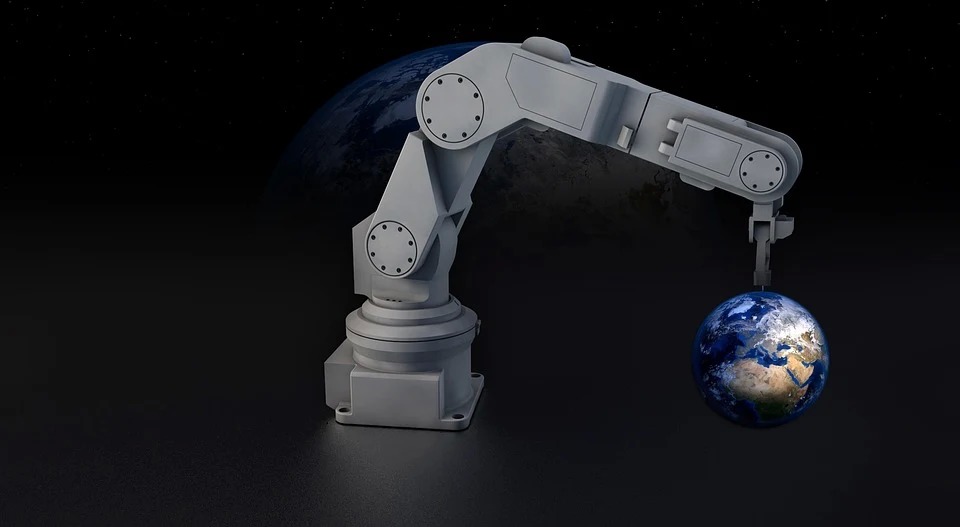
The online retail sector is booming. $2.3 trillion in sales were recorded in 2017, with an estimated increase to $4.8 trillion in sales by 2021. Online shopping is on the rise, and as more and more e-commerce companies enter the market they are going to have to seperate themselves from their competitors. Consumers have a variety of options online, which means that it’s imperative for companies to differentiate themselves in order to compete for a share of the market. One of the biggest variables e-commerce companies are working to improve is last mile delivery.
Last mile delivery is the movement of goods from a transportation hub to final delivery destination. While this may sound like an inconsequential part of the customer experience compared to the experience of using the website, or advertising, it’s not. IBM published a report that found post-purchase experience and delivery promise can make or break a customer’s relationship with a company. Last mile delivery is crucial and companies are looking for innovative ways to improve both their customer’s experience, and their own delivery infrastructure.
One way they are doing this is through automation.
Companies are already automating aspects of their delivery system. Route planning is being done by algorithms, and cellphones are being used to track the movement of delivery people and mark shipments as delivered via barcode. This automation has already made delivery more efficient and lowered the cost of delivery. But completely automating last mile delivery will be a crucial future step companies will have to take to become more profitable. It’s also going to be a crucial aspect of operating a company in a country like India, where the already existing last mile delivery problems are compounded by other factors such as poor infrastructure and a cash-on-delivery payment system. How will companies automate last mile delivery, and what does this mean for the future of e-commerce in India?
For one automating last mile delivery allows companies to overcome the fact that a majority of Indian customers reside in rural areas. 67% of India’s population lives in rural areas, but a lot of these rural dwellers are also viable e-commerce customers, as the internet use in the country is at 420 million people. This is a problem when it comes to delivery, as rural areas are harder to reach. That’s where technology like drones come into play. Drones have a high rate of reliability when it comes to delivering in rural areas. Drones are automated, which allows for not only a superior delivery mechanism, but also for companies to avoid the cost of sending delivery people to rural areas, far away from the urban centered warehouses and fulfillment centers.
But what about the dense urban areas of India, where the roads are often dangerous and under regulated? The answer will come in automated ground vehicles. Imagine an Amazon locker that weaves through traffic with the accuracy and precision only a computer can produce, and you have a basic idea of what an automated ground vehicle is. A recent report estimated the use of automated ground vehicles could have a cost advantage of 40% or more over today’s conventional means of last mile delivery. A cost advantage this big is important particularly for e-commerce companies looking to enter the Indian market, as a big problem facing these companies is a cash-on-delivery system which restricts cash-flow, and hinders profit. By using cost-saving forms of last mile delivery, companies are able to not only retain customers, but also save big.
“You need to improve the user experience to keep them buying from you,” said Agam Berry, co-founder of Quantified Commerce, a company focused on building e-commerce companies in India, “last mile is an essential part, if not the most essential part in the customer experience, since most of the orders are cash on delivery, a delay of one or two days in getting customers their product can lower delivery rates and have a serious impact on the bottom line.” Berry also talked about the importance of automated last mile delivery, specifically when it comes to India, “it’s essential when we’re talking about India. The infrastructure is so poor that it’s crucial to find ways around it.”
Sign up for breaking news, reviews, opinion, top tech deals, and more.
While automated last mile delivery may still be some ways off, it is certainly getting closer, as companies like Quantified Commerce look to solve problems of practicality with creative solutions. In the future there may be no need to wait for a person to hop in their truck or on their bike to deliver your parcel, because you might just get your package delivered to you door by a drone.